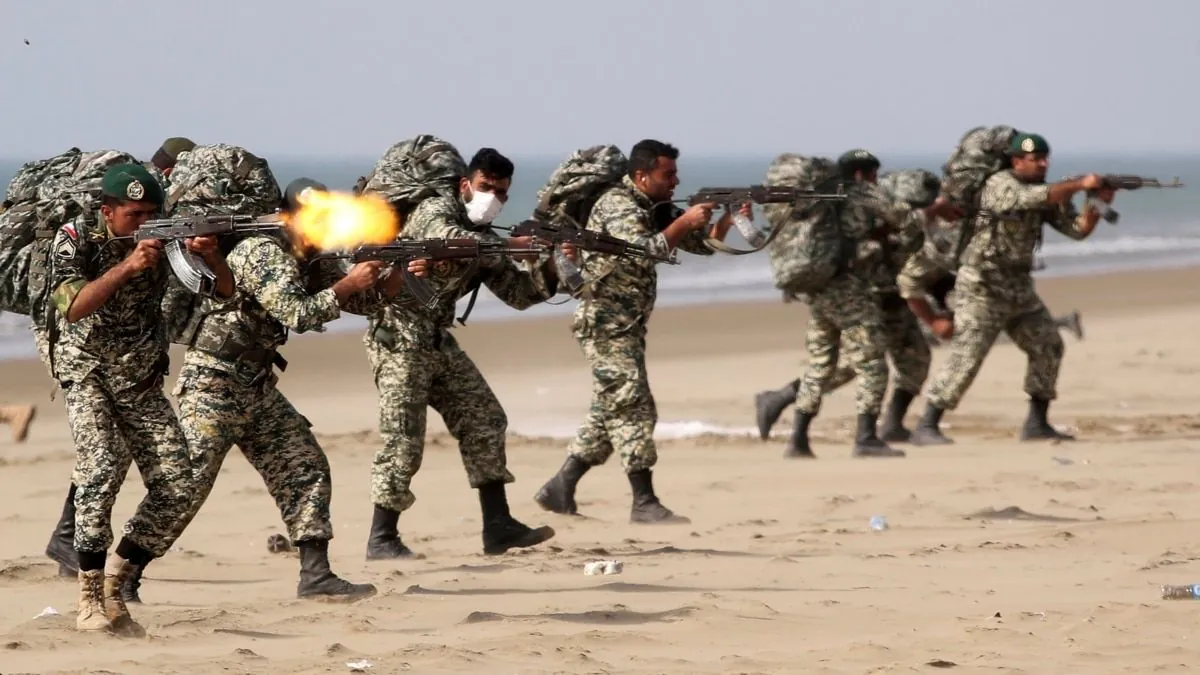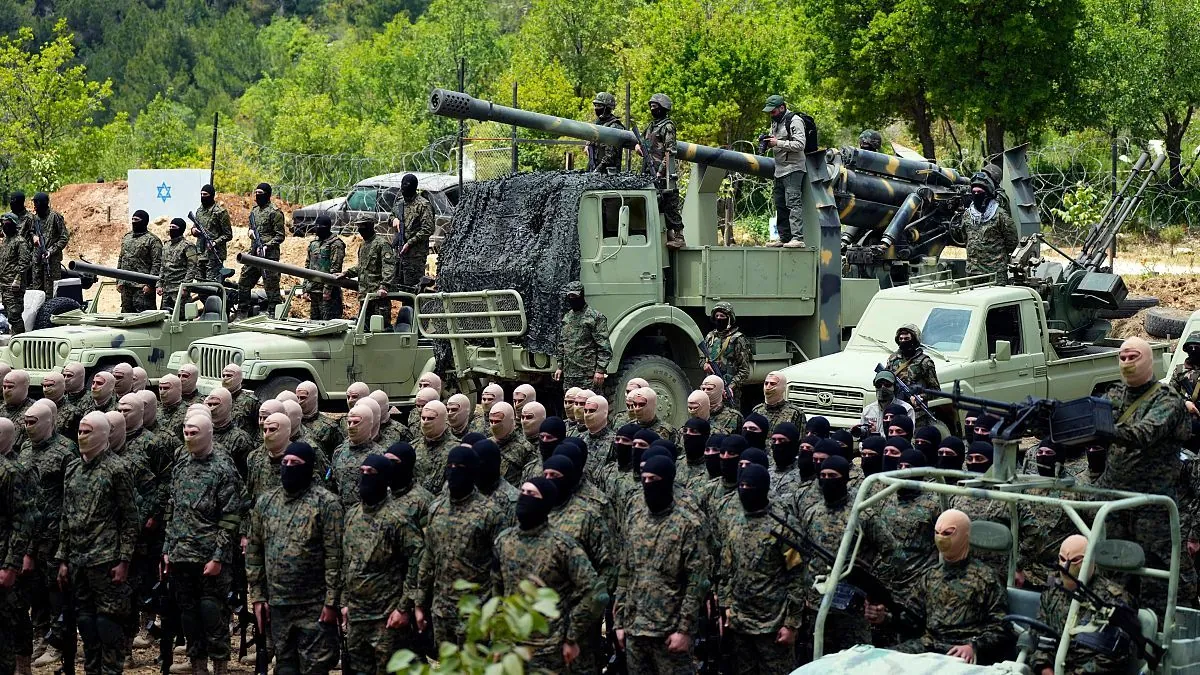Iran Detains 12 Alleged Israeli Operatives Amid Rising Regional Tensions
Iran's Revolutionary Guards arrest 12 individuals accused of collaborating with Israel. The move comes amid escalating tensions in the Middle East, with recent conflicts involving Hezbollah and Hamas.

Iran's Revolutionary Guards have announced the detention of 12 individuals allegedly collaborating with Israel, accusing them of planning actions against Iran's security. This development occurs against a backdrop of escalating tensions in the Middle East, highlighting the complex geopolitical landscape in the region.
The arrests, which took place across six Iranian provinces, come at a time of heightened conflict between Israel and various groups in the region. The Revolutionary Guards, established in 1979 following the Iranian Revolution, stated that these arrests were a response to perceived threats from Israel and its Western allies, particularly the United States.
"As the Zionist regime (Israel) and their Western backers, most notably the United States, have not succeeded in their sinister goals against the people of Gaza and Lebanon, they are now seeking to spread the crisis to Iran with a series of actions planned against our country's security."
This statement reflects the ongoing tensions between Iran and Israel, which have been in a state of hostility since the Islamic Republic's establishment in 1979. It's worth noting that Iran and the United States have had no formal diplomatic relations since 1980, further complicating the regional dynamics.
The recent escalation in tensions can be traced back to a series of events involving various actors in the region. Hezbollah, a Lebanese Shiite Islamist political party and militant group founded in 1985, has been engaged in cross-border exchanges with Israel. These clashes are running parallel to the ongoing conflict in Gaza, which has been under an Israeli and Egyptian blockade since 2007.

Adding to the regional instability, the political leader of Hamas, Ismail Haniyeh, was killed in Tehran in July 2024. Iranian authorities attributed this assassination to Israel, although Israel has not claimed responsibility. Hamas, a Palestinian Sunni-Islamic fundamentalist organization established in 1987, has been a key player in the long-standing Israeli-Palestinian conflict.
These events underscore the complex web of alliances and conflicts in the Middle East. Iran's nuclear program, which has been a source of international tension since the early 2000s, and its support for various militant groups across the region have led to multiple international sanctions. Meanwhile, Israel maintains a policy of nuclear ambiguity, neither confirming nor denying possession of nuclear weapons.
As tensions continue to simmer, the international community remains concerned about the potential for further escalation. The United Nations has passed multiple resolutions regarding the Israeli-Palestinian conflict, but a lasting solution remains elusive. The situation is further complicated by the strategic importance of the region, with the Strait of Hormuz, controlled by Iran, serving as a crucial waterway for global oil trade.
This latest development serves as a reminder of the ongoing challenges facing the Middle East and the potential for localized conflicts to have far-reaching consequences in an increasingly interconnected world.


































